Budget 18/19: the challenges and the road forward in Hong Kong
- By: Katherine Li、Wallis WangEdited by: Candice Wong、Wing Li
- 2018-02-28
Reported by Katherine Li and Wallis Wang
Edited by Candice Wong
Infographics edited by Wing Li
The Hong Kong government's budget surplus has reached $138 billion and the fiscal reserves are expected to reach $1.09 trillion, Financial Secretary, Paul Chan Mo-po revealed today in his budget speech.
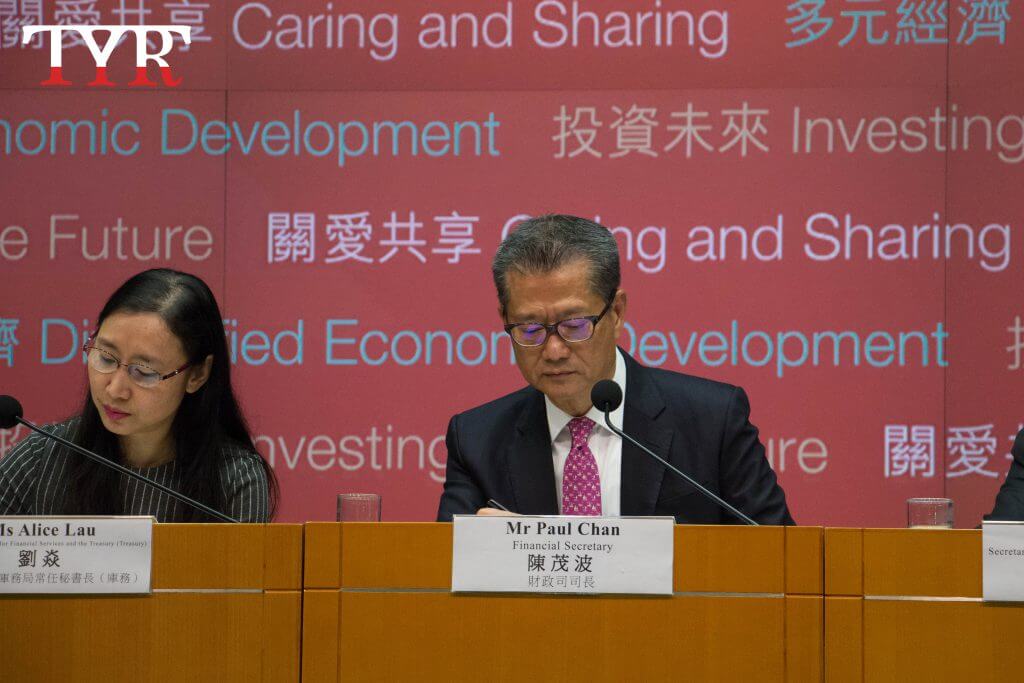
Hong Kong's economy grew by 3.8% over the past fiscal year. The financial secretary predicts that the gross domestic product will increase by between 3% and 4% in the coming year.
Mr. Chan said he is "cautiously optimistic" about economic prospects in the coming year, based on the global monetary environment and geopolitical situations.
Trends in innovation and technology, the shift in global economic gravity from West to East, protests against free trade and the call for de-globalisation and protectionism pose challenges, Mr. Chan pointed out.
"To stay ahead of the game, we must enhance our I&T (Innovation and Technology) environment (and) attract companies from new economic sectors and research institutions to set up their presence in Hong Kong," Mr. Chan said.
To overcome these challenges, Mr. Chan proposed to set aside $50 billion for I&T development. An additional $10 billion will be injected into a Technology and Innovation Fund, $500 million of which will go toward a Technology Talent Scheme.
To fight protectionism, Mr. Chan called for more cooperation with the Mainland while maintaining a competitive tax regime.
"The Belt and Road Initiative and the Bay Area development serve to enlarge the hinterland for business development of our enterprises and expand our market coverage," Mr. Chan said.
However, legislator and practising tax lawyer, Kenneth Leung Kai-cheong warned about the risks for Hong Kong.
"I believe we should diversify Hong Kong's market," Mr. Leung said, "because protectionism sentiment and the change of interest rate in the US will affect trade and investment."
He proposed that it will be effective for Hong Kong to build stronger relationships and cooperate more with the ASEAN countries and the Middle East countries.
Sheng Liugang, assistant professor of the Chinese University of Hong Kong, Department of Economics, agrees with the emphasis on trade and cooperation.
"I think Hong Kong still has an advantage in the export of services, like finance, accounting and insurance," Mr. Sheng said, "The manufacture sector also has space for growth due to the Belt and Road Initiative."
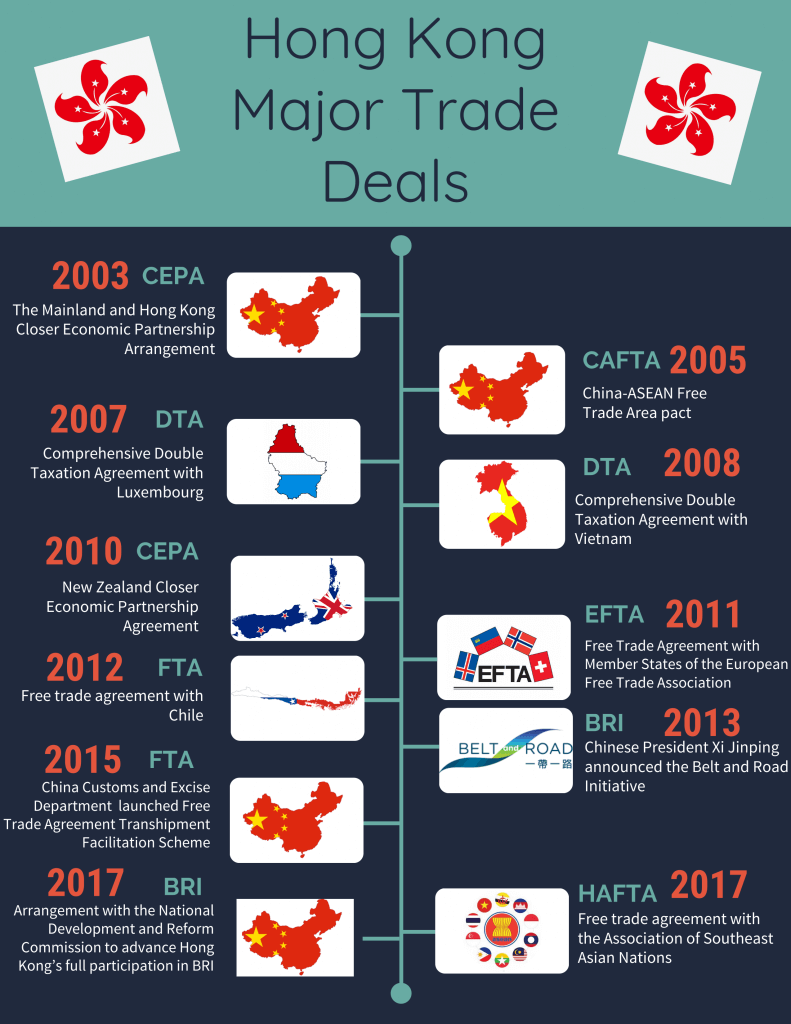
Li Bin, General Manager of Kistler China Limited, a technology company with its Asia headquarters set in Hong Kong, is not expecting to see much increase in the export of professional services in his company.
"The rent in Hong Kong is extremely high, plus the salary of a graduate student, for instance, the engineering major, is very high," he said, "Many other Asian countries cannot afford to hire service from us, so we are not counting on professional service to increase significantly."
In response to the government's talent scheme for I&T industries, Mr. Li believes that it will certainly be effective in the long run, but it might take years for the effect to actually manifest on the labour market.
《The Young Reporter》
The Young Reporter (TYR) started as a newspaper in 1969. Today, it is published across multiple media platforms and updated constantly to bring the latest news and analyses to its readers.
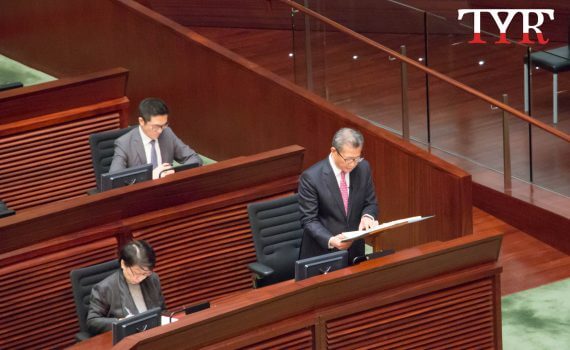
Budget 18/19: healthcare expenditure increased while no specific plans on mental health mentioned
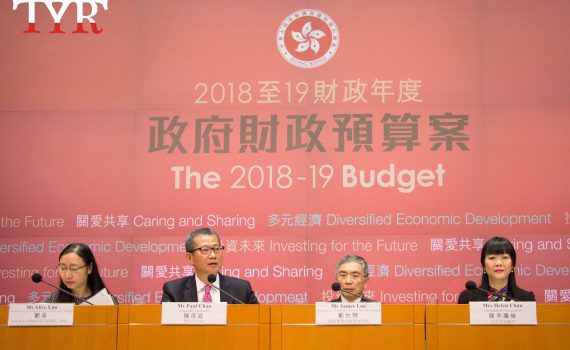
Budget 18/19: Increased housing supply aims at lessening low-income families' burden

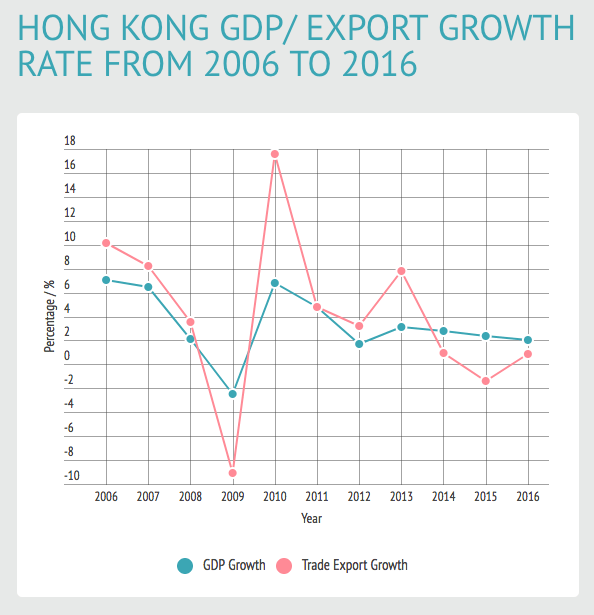
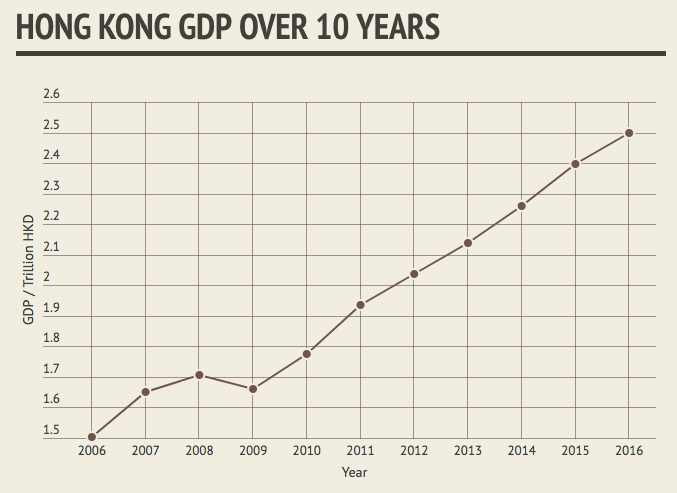


Comments